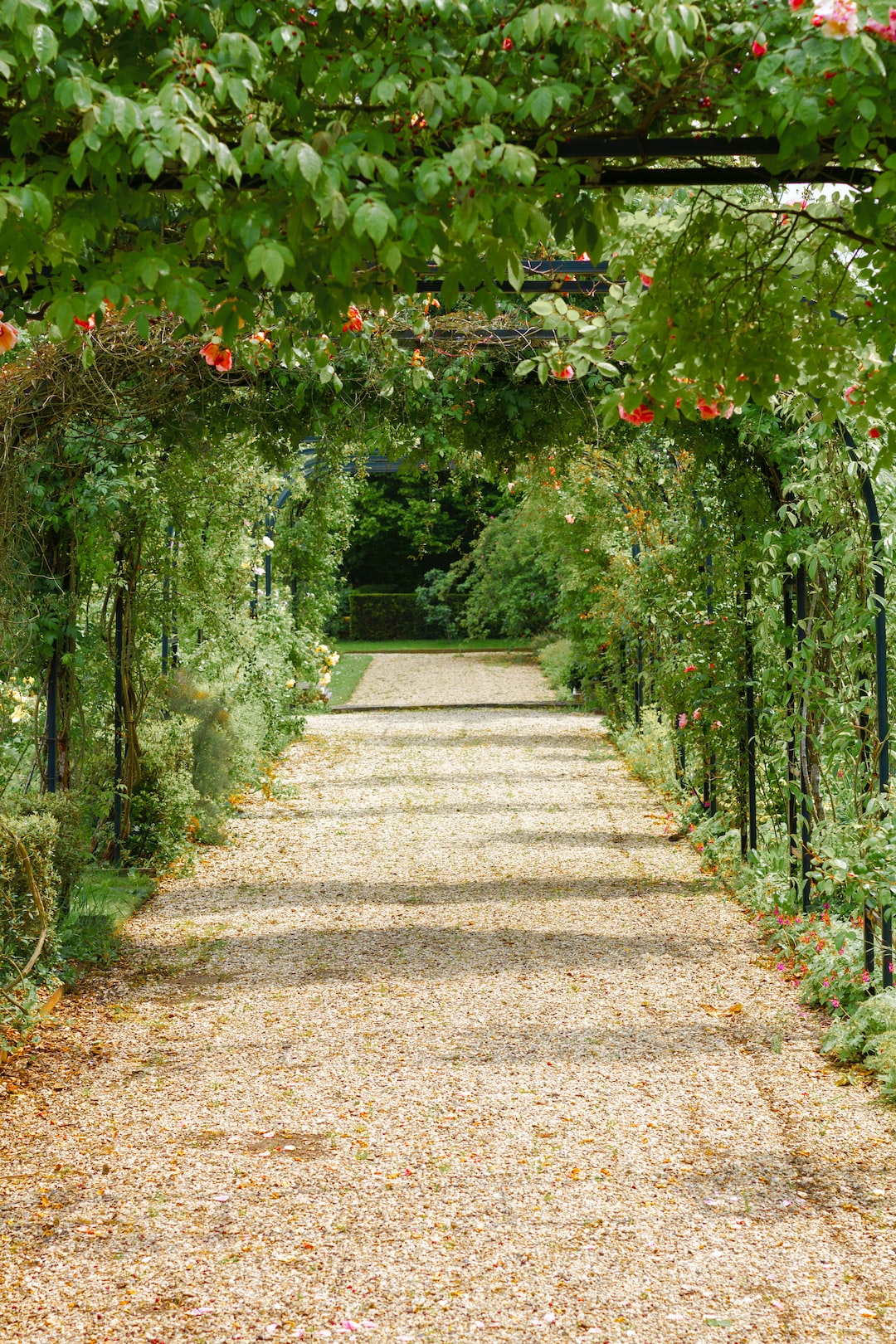10 Tips to Keep Pests Away from Your Garden
Gardening is a delightful and rewarding hobby that allows you to connect with nature and grow your own food. However, it can be frustrating when pests invade your garden, damaging your plants and disrupting the harmony you’ve worked so hard to achieve. If you’re tired of battling garden pests, here are 10 tips to help keep your garden pest-free.
1. Maintain Cleanliness: Just like with any living space, cleanliness is essential in keeping pests at bay. Remove any dead leaves, weeds, and debris from your garden regularly. Pests are attracted to decaying organic matter, so eliminating it will help deter them from setting up camp in your garden.
2. Start with Healthy Plants: A strong and healthy plant is less likely to suffer from pests. Before purchasing any plants, inspect them for signs of disease or infestation. Select seeds and transplants that are free from any damage or blemishes.
3. Rotate Crops: Pests often target specific plant families. By rotating your crops each year, you disrupt the pests’ life cycle and minimize their impact on your plants. Additionally, rotating crops can help replenish nutrient levels in the soil.
4. Use Companion Planting: Certain plants act as natural pest repellents or attract beneficial insects that prey on pests. For example, planting marigolds and nasturtiums can repel aphids, while herbs like basil and mint can deter flies and mosquitoes. Research companion planting strategies to find the best combinations for your garden.
5. Install Barriers: Physical barriers can keep pests from reaching your plants. Use fences or netting around your garden to protect it from larger animals like rabbits or deer. Additionally, erect stakes with string or netting around susceptible plants to keep out smaller pests like birds.
6. Use Organic Pest Control Methods: Chemical pesticides can harm beneficial insects and have long-lasting negative effects on the environment. Instead, opt for organic pest control methods. For example, neem oil can be effective in controlling aphids and mites, while diatomaceous earth can deter slugs and snails.
7. Attract Beneficial Insects: Invite beneficial insects to your garden by planting flowers that attract them, such as daisies and sunflowers. Beneficial insects like ladybugs and lacewings feed on harmful pests, helping to keep their populations in check.
8. Install Bird Feeders or Birdbaths: Birds are natural predators of many garden pests, including slugs, caterpillars, and aphids. Attract birds to your garden by installing bird feeders or birdbaths. Not only will they help control pest populations, but they will also add a delightful touch of nature to your garden.
9. Implement Crop Covers: Crop covers are thin, lightweight fabrics that can be draped over plants. They create a barrier that prevents pests from reaching your crops while still allowing sunlight, water, and air to penetrate. Crop covers are particularly useful in protecting plants from insects like cabbage worms and squash bugs.
10. Stay Vigilant: Regularly inspect your garden for signs of pest damage. Catching the presence of pests early allows you to take swift action and prevent an infestation from getting out of hand. Keep an eye out for chewed leaves, wilting plants, and insect eggs on the undersides of leaves.
By following these 10 tips, you can significantly reduce the risk of pests wreaking havoc in your garden. Remember, prevention is key. Incorporate these pest-repelling strategies into your gardening routine, and you’ll enjoy a bountiful harvest while keeping your garden free from unwanted visitors. Happy gardening!

